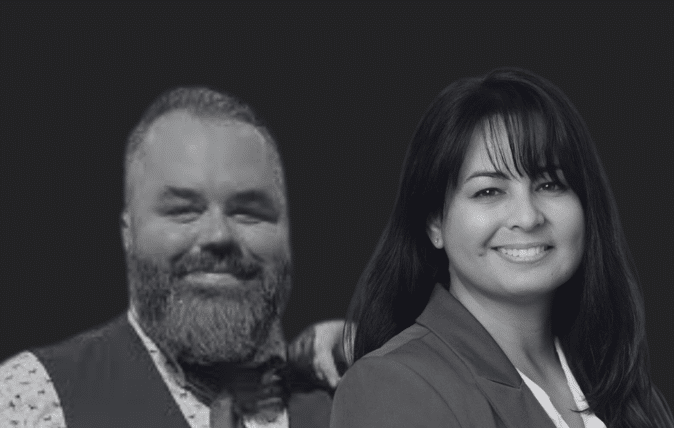Supporting Mental Health in a Time Where Corporate Security Teams Need it Most

There are times in my career when there are simply no words and silence is the best option. The never-ending chaos of terrorism certainly affected me, particularly when I was a young special agent. When I close my eyes, I can still see the devastation from many crime scenes, such as hijackings and plane crashes. Sleep still comes hard and the sound of a phone ringing startles me, having been woken up on so many occasions with notifications of yet another disaster.
However, the more I reflect on this, the more important I realize it is to talk and, when appropriate, take action. All too often, the burden that physical security and public safety professionals carry of keeping others safe and the pressure to constantly be thinking one step ahead of a threat comes at the sacrifice of their own mental well-being. The new challenges brought on by the pandemic have been never-ending, and I am sure many protection officers in the field today never thought they would spend so much of their time enforcing mask mandates and distancing requirements.
We have also lived through a recent spate of horrific active shooting incidents across the nation, such as Boulder (CO), Indianapolis (IN), and Bryan (TX), to name a few. And as I chat with my peers across the industry, the return to work is at the forefront of every security professional’s mind.
After a lifetime of protection, here are a few of my recommendations when it comes to mental health:
01
Be proactive about mental health. The protection of life and property is a stressful business. Just as we do for threat mitigation and physical security, it’s critical to manage workload and burnout in our never-ending WFH environment. If you lead a team, it’s important to have regular surveys and check-ins to keep a pulse on employees’ mental fitness.
02
Find calm in a way that works for you. Identify a way to check out of the stress of protecting others and take time for yourself — even if that means reading Ghost for the third time. For me, I always keep my cell phone on silent, which helps to reduce stress. There are also various apps to help you reduce your stress. Even small acts like reading without distraction or talking to a friend can go a long way.
03
Move! Exercise. Get outdoors and take a break from the overload of email and endless Zoom calls. Whatever works for you to move your body, make the time. I exercise every morning after writing a few words for my new book project.
04
Seek help if you need it. Trust me when I say this. There are unlimited resources available to help you. Over recent years, many healthcare plans and even Employee Assistance Plans will subsidize your sessions with a clinical psychologist or therapist (e.g. marriage and family therapist). Never underestimate the power of asking for help.
05
If you see something, say something. When you observe signs that a team member is suffering from burnout, take action. Common steps that managers can take to clarify the team member’s role (mission creep) and to reduce conflicting demands on their time.
This list certainly isn’t exhaustive, but I hope it serves as a reminder that we can only perform at our best when we are taking care of ourselves — especially in a year that has given us far too many surprises than anyone could expect.









